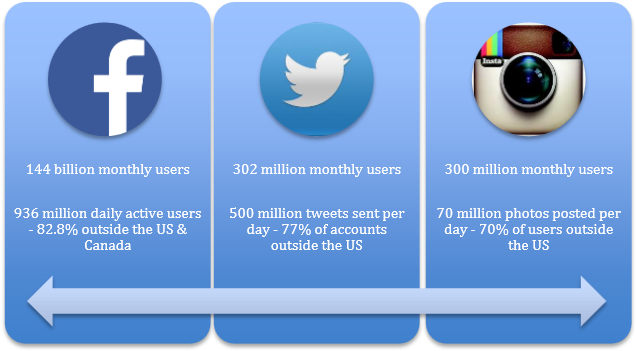Social Media Analysis Tools for Preparedness

This report summarizes the findings of a comparative review of social media analysis tools and how their functionality can support for disaster preparedness and risk reduction work. Over the last years social media analysis tools have increasingly been used in during and after a disaster for situational awareness and to support response mechanisms. This study aims to provide insights into how information from social media channels can be leveraged to assess and display interests in preparedness topics and disaster related events on different timelines and identify trends in humanitarian work. Ultimately, it is envisioned that such information will allow the humanitarian sector to have greater awareness of the diverse needs and interests on the ground and adapt programming and communication strategies to enable vulnerable communities to better prepare for and cope with disasters.
